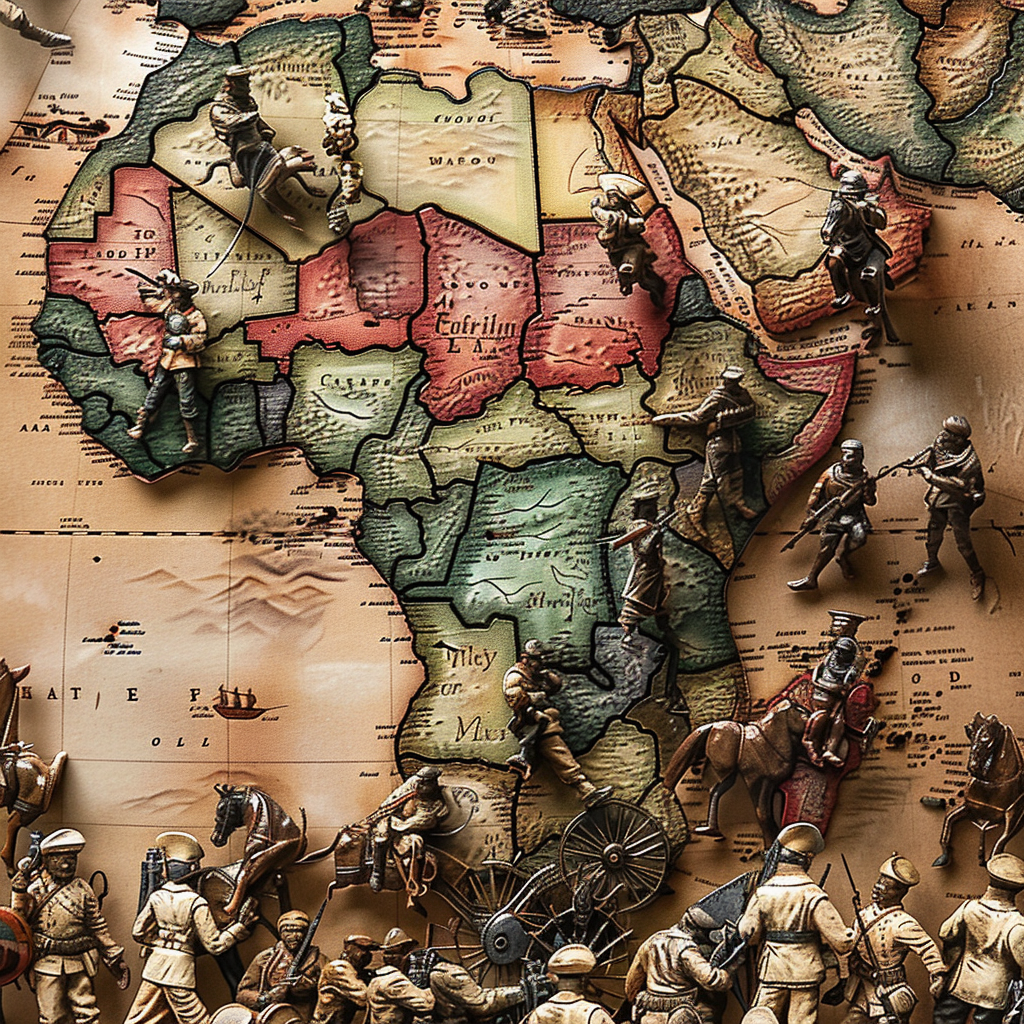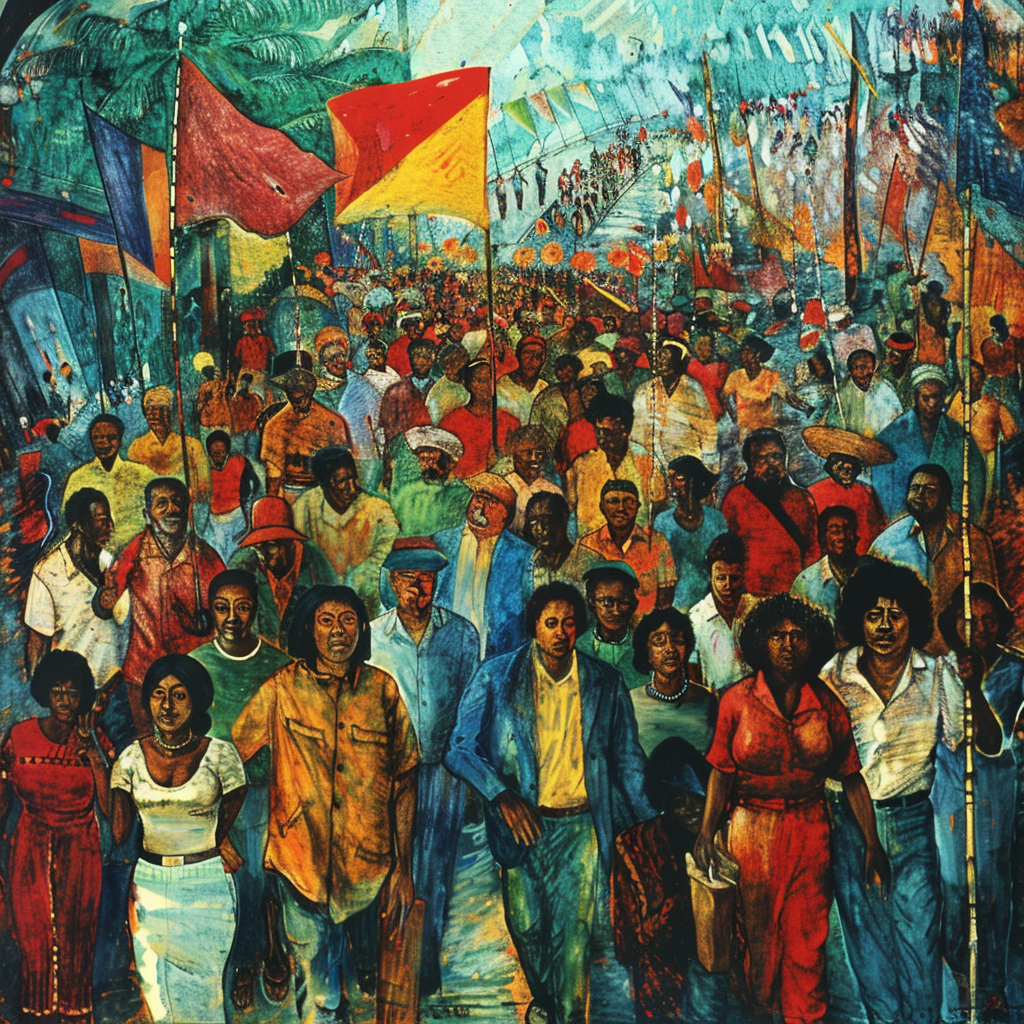Alright, let’s delve into the fascinating yet complex issue of colonial borders and ethnic conflict in Africa. Get ready to uncover how the arbitrary drawing of lines on maps by European colonizers continues to fuel tensions and disputes in post-colonial Africa.
Drawing Lines in the Sand
Picture this: European colonizers sitting around a map, carving up Africa like it’s a pie. They draw straight lines, zigzags, and squiggles – dividing up land and people with little regard for history, culture, or ethnic identity. It’s like a game of geopolitical Tetris, but with real-life consequences.
Divide and Conquer
But here’s the thing – those lines weren’t drawn to promote peace and harmony. They were drawn to serve the interests of colonial powers, often pitting ethnic groups against each other and sowing the seeds of future conflict. By dividing Africa into artificial territories, European colonizers created a powder keg of ethnic tensions just waiting to explode.
The Legacy of Division
Fast forward to today, and the legacy of colonial borders is still felt across Africa. Ethnic groups find themselves divided by national boundaries, often with little regard for the realities on the ground. This fragmentation has fueled territorial disputes, ethnic tensions, and conflicts that continue to plague the continent.
Tensions Flare
When people are forced to live within borders that don’t align with their ethnic identities, it’s a recipe for trouble. Ethnic tensions simmer beneath the surface, waiting for a spark to ignite them. And all too often, that spark comes in the form of political power struggles, resource competition, or historical grievances.
A Call for Unity
But here’s the thing – while colonial borders may have divided Africa, they haven’t erased the bonds of kinship and solidarity that unite its people. Across the continent, there are countless examples of communities coming together to bridge divides, promote reconciliation, and build a brighter future for all.
So, as we reflect on the impact of colonial borders on ethnic conflict in Africa, let’s also remember the resilience and strength of its people. Despite the challenges they face, they continue to strive for unity, peace, and justice – and that’s something worth celebrating.
Related Articles
- Decolonization Movements and Independence Struggles
- Religious Conversion and Indigenous Belief Systems
- Healthcare and Colonial Medicine
- Cultural Imperialism and Identity Struggles
- Colonial Borders and Ethnic Conflict
- Economic Exploitation and Resource Extraction
- The Legacy of Colonialism in Education
- Resistance to Colonial Rule
- The Scramble for Africa: Europe’s Greed
- The Impact of Colonialism on African Societies



